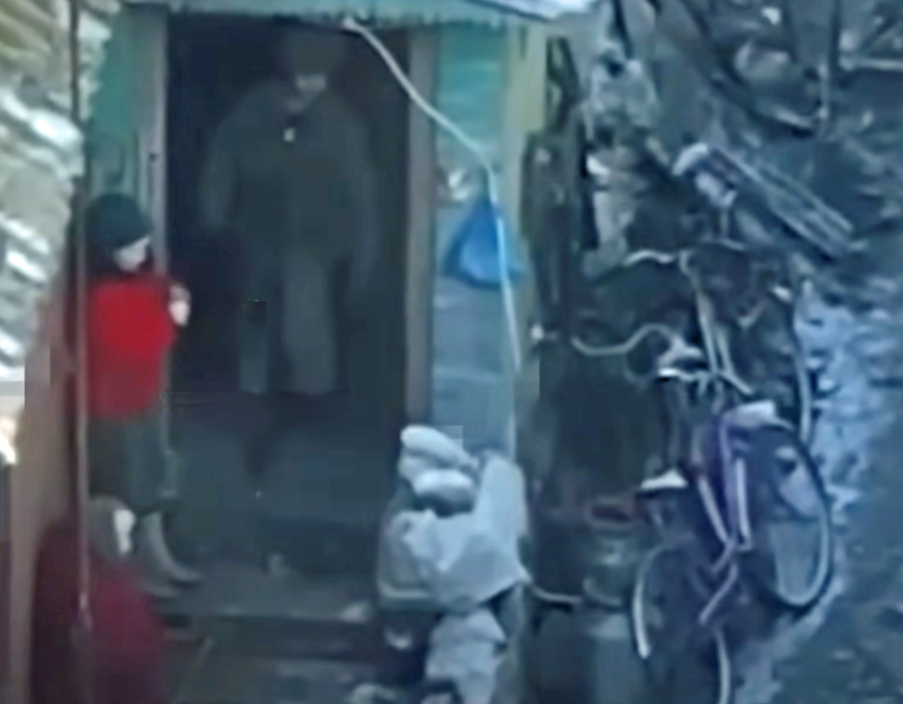Ukraine’s Deputy Defense Minister Brig. Gen. Serhiy Melnyk told the ArmyInform in-house journal on Thursday that there has been a significant reduction in the F-16 pilot training program. The initiative has called for the scheme to be cut by three months to accelerate the rate at which the flyers become operational.
Melnyk suggested during an armed forces ministerial-level meeting in November that there was also going to be an expanded and accelerated training program for Ukrainian pilot cadets that would increase numbers and better prepare them for the move towards “fast jet” training. This would in some ways compensate for a reduction in the overall F-16 training schedule as trainees would be assessed before progressing to the next phase.
He said, “The basic training program needs to be optimized. This will enable us to train more pilots to defend our country. Ukrainian combat aviation must eventually gain air superiority, as this paves the way for the success of our actions on the front line.”
However, the currently proposed change has raised concerns among military analysts that such a major reduction in fast jet training could have negative implications that would outweigh the perceived advantages of more quickly producing pilots. While Melnyk portrayed the reforms in a positive light, the announcement of the foreshortened training process has raised concerns that it will churn out poorly prepared aviators.

‘Talk to This ‘Ukrop’ and Erase Him’ – Russian Commander Orders Execution of POW
One major concern from the very start has been the language barrier among Ukrainian candidates, many who have struggled to reach an adequate level of English proficiency to allow them to fully absorb the details of the complex systems of this fourth-generation fighter aircraft.
The Dec. 7 delivery of a second batch of F-16s from Denmark was marked as an important step forward yet it is likely to be a current shortage of skilled pilots with the necessary language proficiency, which has reportedly hindered the training of many potential F-16 pilots.
Many commentators, while understanding the urgent need for increases in the numbers of trained pilots, feel that needlessly rushing the training could affect both pilot effectiveness and the real-world combat use of the F-16. The Viper is a complex multi-role aircraft that not only demands exemplary piloting skills but a thorough grasp of its advanced technology and weaponry along with the tactics necessary to deploy them. Even those who have completed the “full program” have taken time to operate effectively in the rapidly evolving scenarios on the modern battlefield.
The F-16 is a formidable weapon with a multi-role capability that allows it to carry out air-to-air combat, ground attack, and reconnaissance missions. It incorporates advanced avionics including radars that enable effective targeting and situational awareness. It is capable of and performing complex aerial maneuvers at speeds approaching 1,900 kph (1,200 mph).
It is feared that being a single-seater fighter inexperienced pilots may struggle to adequately perform in high-pressure situations that could increase the risk of accidents and mission failure.
There are also concerns that this accelerated training program should be seen as a short-term expediency but could be adopted as the “norm,” which could produce a whole generation of inadequately prepared flight crew. Analysts say that a proper evaluation of Ukraine’s future military aviation training needs will be essential to support its future air power needs.
Such assessments should consider the increased availability and use of simulators to supplement live flying and to enhance skills without unnecessarily risking actual airframes.
Ukraine should also seek to maximize its participation in multi-national training programs to accelerate learning by sharing NATO and other user’s experience. An early example of this was the UK-sponsored “Op Interstorm” which the British Embassy in Kyiv declared on Wednesday had provided basic flight, ground and English language training for two hundred Ukrainian pilots and ground crew prior to them moving on to more advanced F-16 training.
You can also highlight the text and press Ctrl + Enter






